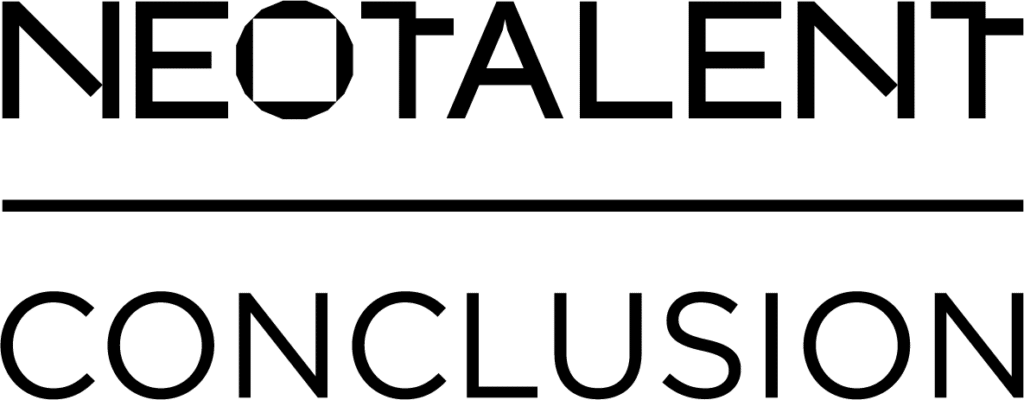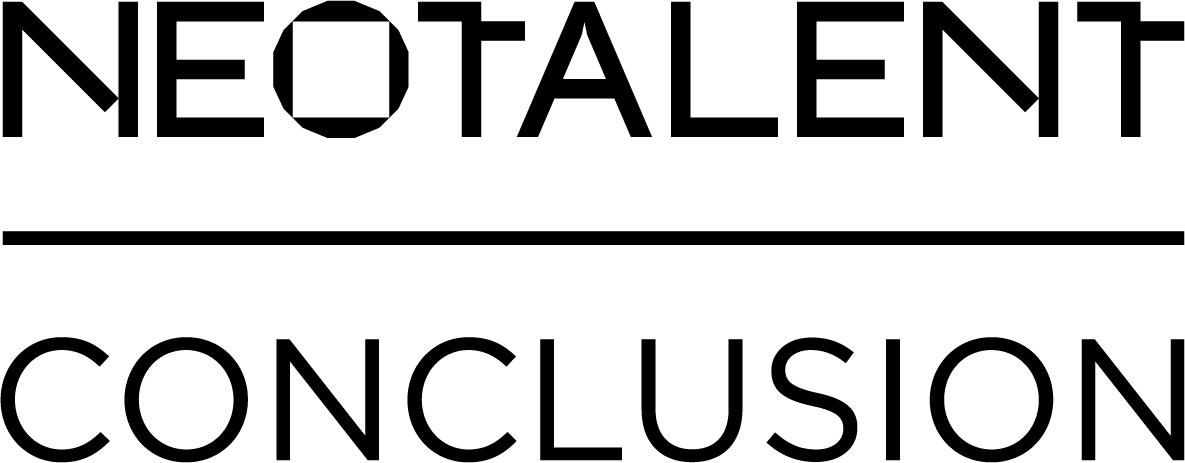How to develop this skill to advance your career and prepare for the future
In this article, we explore the concept of adaptability and delve into the impact this skill can have on our career path and the way we experience change in our lives.
While adaptability has been the subject of study by experts in recent decades, it is in the last year and a half that this discussion has taken on greater proportions in our lives, in the various spheres – family, personal and professional.
A few years ago, it would have been said that technical competence and intelligence were enough for a promising career. Today, it is essential to invest in behavioral and emotional attributes and skills to achieve good results.
One of these attributes is adaptability, and it is my goal in this article to leave some tips on how to develop this ability to improve aspects in our professional or even personal life.
But what is adaptability anyway?
It is the ability to adapt to new scenarios or transformations. If we apply the concept to the field of biology, for example, adaptability is a natural characteristic or behavior used to make an organism able to survive in a given habitat. Now, this basic concept serves to understand adaptability, from any other point of view, as a response to change.
J.F. Kennedy has a famous quote: “Change is the law of life. And those who look only to the past or the present will surely miss the future.”
Adaptability as a choice
We all recognize the difficulty of dealing with uncertainty at one point or another in our journey. But one thing is certain: changes will come, whether we are more or less afraid, more or less resistant to accepting what is new. And in the face of this, it is only for us to decide how we will face what is to come: with optimism or pessimism.
When we develop adaptability, we are demonstrating the ability to adapt and accept change, but also to learn from it, becoming aware of its positive points.
A case study
Imagine that you have come to the conclusion that you need to move house because of the difficulty in bearing the costs of your current home. This is a necessary change, but it doesn’t mean I’m happy with it. The whole process of looking for a new home, dealing with the move itself, reorganizing your life in the new residence will certainly be demanding.
Faced with this context, you have two options: resign yourself to your new condition, while feeling that you have regressed or failed in some way. Or you can try to focus on the positive side: it will be an opportunity to get your finances back on track, get peace of mind again and even start over in a new neighborhood, meeting new people and new places, expanding your network and learning new things.
In short, adaptability allows us to see the world from an optimistic perspective. And above all, it gives us the tools to continue to evolve and build a future.
How important is adaptability in working life?
Flexibility and adaptability are skills that are increasingly valued in the business context. The changes have had an irreversible impact not only on communication and human relations, but also on the way we work. For some years now, scholars have proposed the concept of Adaptability Quotient – AQ.
In the same way that IQ (Intelligence Quotient) and EQ (Emotional Quotient) were established, the EQ measures the level of adaptability of the professional, in the face of different scenarios, namely the most adverse ones.
Natalie Fratto, a vice president at Goldman Sachs in New York, says QA involves a set of skills that make it possible to leave stale ideas behind, identify what is relevant and take advantage of the current situation. The attributes that underpin a professional with adaptability are:
Flexibility – “flexibility ” to deal with different situations
Curiosity – seeking out and being interested in new ‘things’
Courage – the ability to overcome fear and face change.
Resilience – ability to overcome crises and difficulties without losing values and essence.
Aware of this importance, how do we apply these principles to ourselves and our careers? How can we develop or improve these skills for our benefit?
Career adaptability
Career adaptability is the ability to reinvent oneself in the face of changes in professional life. Professionals must develop adaptability and flexibility to be able to adapt and succeed in the current and future talent ecosystem.
To be flexible and highly adaptable professionals, we must:
- Prepare for change by updating knowledge and developing new skills;
- Be concerned with understanding the changes and taking advantage of what we find new;
- Continuously invest in the acquisition of relevant knowledge;
- Adopt a proactive stance;
- Recognize the need to improve our characteristics and find ways to do so;
- Have the ability to explore new ways of learning and break out of routine;
- Learn to value teamwork and differing opinions, while standing firm in our convictions.
Some tips for developing professional adaptability
Curious and courageous people usually have a more flexible profile and therefore show a greater aptitude for adaptability. However, this competence can be developed and improved by anyone who is willing to overcome their limiting beliefs and want to understand and experience the new. Limiting beliefs are prejudices or thoughts consolidated throughout life that prevent our growth in the personal or professional sphere.
Here are some tips to help you develop professional adaptability:
- Be aware of your emotions
You need to control your emotions to adapt, especially to adverse scenarios. Managing emotions starts with self-awareness and understanding that they are unconscious and automatic responses. It is important to know what is causing a particular emotion and how we can counteract its effects.
- Exercise your decision-making power
This skill is linked to courage and willingness to take risks. Often we are paralyzed instead of making a decision because we let ourselves be dominated by fear. And the problem is that when we don’t decide, others will decide for us, without considering our priorities. Don’t be afraid to take charge of your career.
- Turn changes into opportunities
We have all heard that opportunities are hidden in crises and that all crises translate into big changes. The key is to comprehensively assess the possibilities that result from any transformation, even if at first it seems negative.
- Be optimistic
Adaptability requires a positive view of the world, i.e. an optimistic outlook. Contrary to what many people think, being optimistic does not mean ignoring the negative, but consciously choosing to prioritize the positive. In other words, optimism is a choice that must be made daily. Optimistic people acquire a keen eye for opportunities.
- Stay open to the new
Human beings need security to feel good, so it is normal for them to create comfort zones. However, learning and adaptability require you to embrace the new in order to grow or evolve.
- Never stop learning
Our brain is stimulated by the new and creates new neural connections that translate into new ways of thinking and acting. In whatever form, learning is vital for developing adaptability. And for a simple reason: acquiring new knowledge is part of any adaptation process.
At the end of this article, I hope you have come closer to a definition of adaptability and have recognized some advantages in developing this competence for your personal and professional benefit, present and future.
Zélia Raposo
Business Unit Manager
Wife, mother, trained psychologist. Fun-loving, likes to enjoy the simple pleasures of life with family and friends. You are motivated to learn every day and inspired by individual diversity. A good listener, her mission is to develop high performing, motivated and happy teams.





